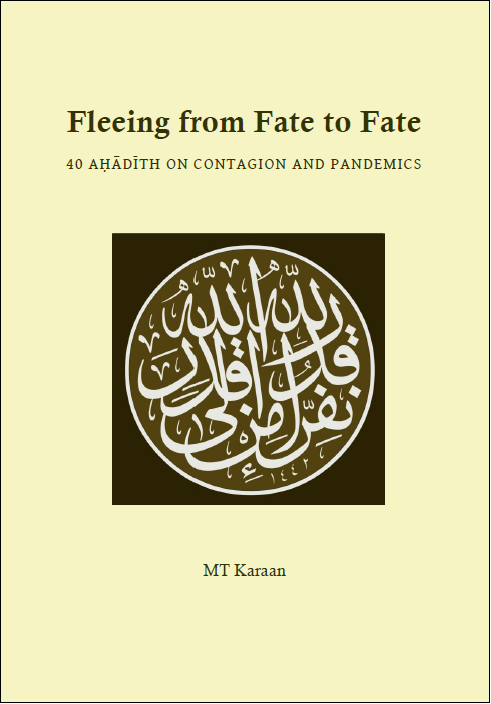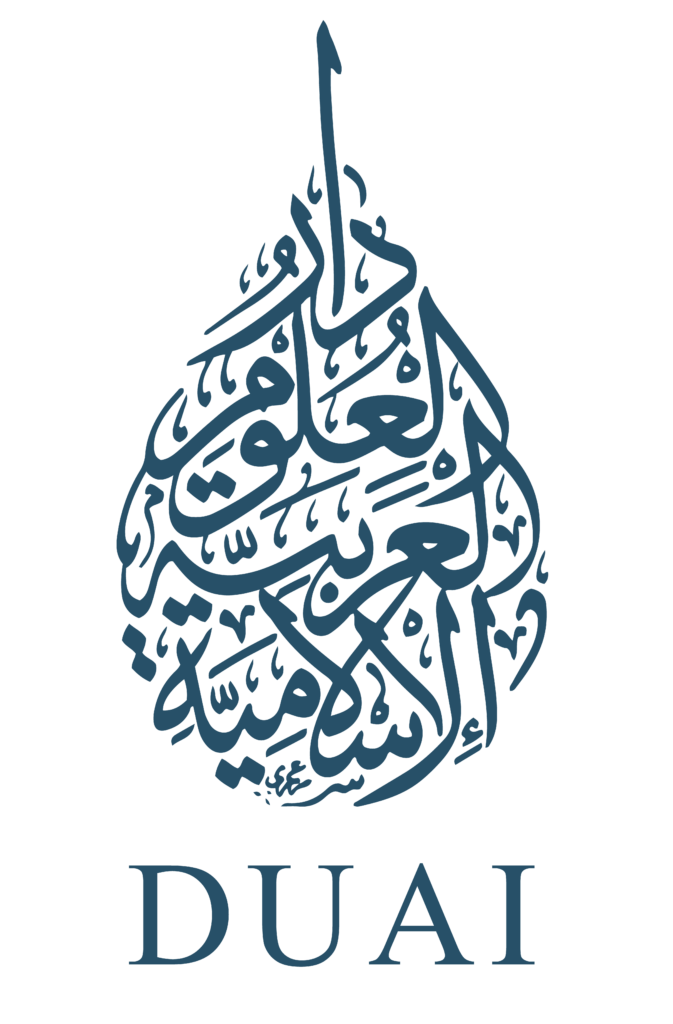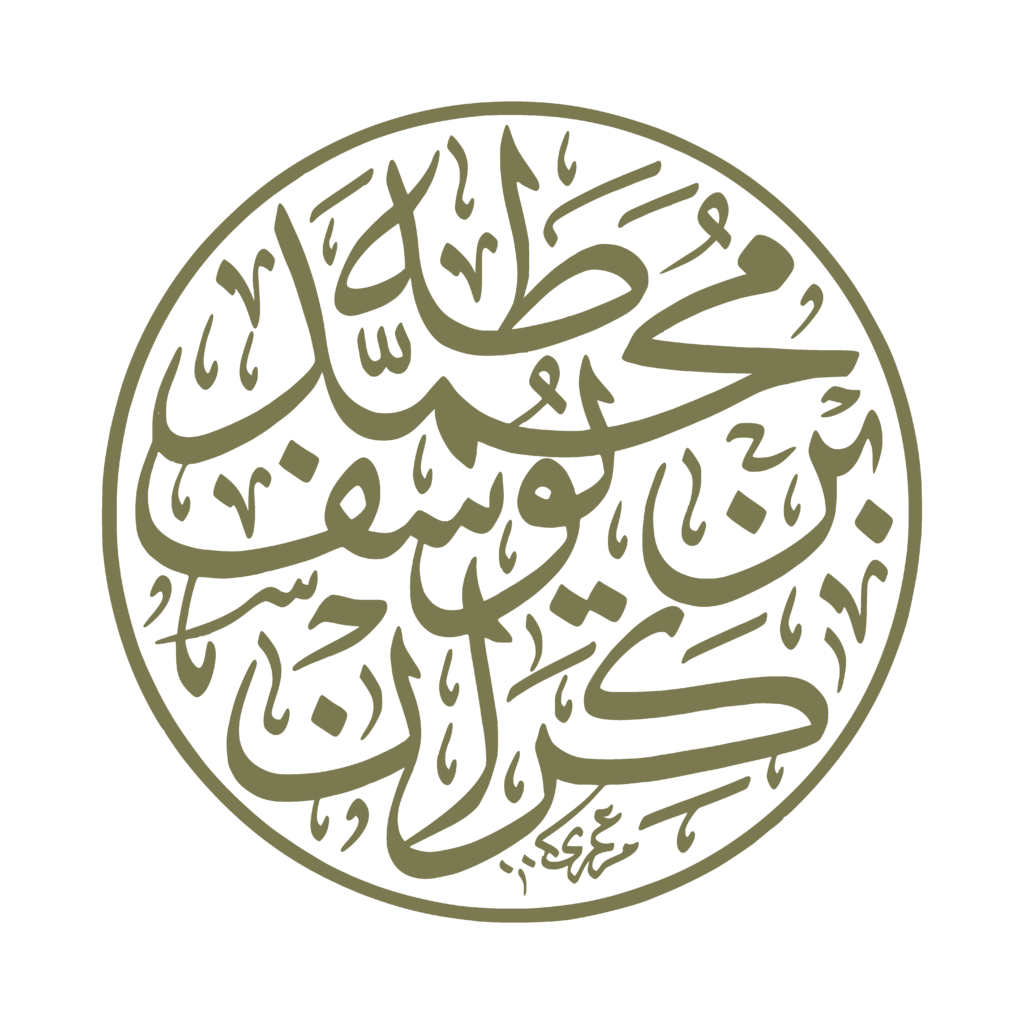What should Fiṭrah be paid in?
As a Shāfiʿī, is it permissible to give a Fiṭrah parcel consisting of 2 kg rice and other “staples” like peanut butter, flour, oil, noodles, etc?
As a Shāfiʿī, is it permissible to give a Fiṭrah parcel consisting of 2 kg rice and other “staples” like peanut butter, flour, oil, noodles, etc?

40 AḤĀDĪTH ON CONTAGION AND PANDEMICS
The idea of collecting a number of aḥādīth on contagion, pandemics and related matters was born just as the second wave of Covid-19 infections began rising in South Africa. A medical professional requested texts from the seminal sources of Islam that would counter a narrative in which religion was being pitted as inexorably anti-science. What began as a handful of ḥadīth texts grew into a collection of 40 aḥādīth on adopting preventative measures during pandemics – in line with the time-honoured arbaʿīn format of the Muḥaddithīn.

The following short lecture series by Mufti Taha Karaan methodically covers the historical development of the Shāfiʿī madhhab. This includes the Usuli development of the madhhab, major figures that propagated the madhhab, evolution of the madhhab in different geographical locations including the impact the had on the outlook of the madhhab, and the personalities that undertook the task of synthesizing or refining the variant opinions within the madhhab.
Muslims in the Western Cape are divided into two parties regarding the celebration of the two Eids. Some celebrate according to local sighting while others follow Saudi Arabian sighting. While this issue has been examined from various angles none have resolved the differences. What is the way forward for concerned Muslims?

In the year 2000, Mufti Taha Karaan was invited to debate a famous Shīʿī dāʿī, Dr. Hosseni from Iran. The debate covered several pertinent topics, including: the distortion of the Qurʾān; the authority of the Ahl al-Bayt in light of the Qurʾān and Sunnah; the verses of purification; the wives of the Prophet; the people of Badr; and the concept of abrogation (naskh).
In a world that is becoming increasingly hostile towards Islam and Muslims, the need for solidarity amongst Muslims has become acutely pronounced. It would be logical to expect from advocates of such solidarity that they do not actively engage in or support activities that might prove disastrous to Muslim unity, and that they would by no means allow such activities to exist. What, then, are the implications of unabated Shi‘i missionary activity in Sunni societies, with the full support—by deed or by acquiescence—of the Iranian government?
This paper is an academic attempt to shed light on recent events initiated and publicised by Taj Hargey and his Open Mosque. I will explore what the said Open Mosque is about and who its founder Taj Hargey is. The recent publicly held radio interviews and internet material has sparked debate in the public and this paper will explore why. Lastly the public has been calling for a response by the scholars to these events and a solution to address their concerns and this will also be attempted.
This article covers the proprietary consequences of a Muslim marriage and divorce with a brief excursus on the history of Muslim Personal Law in South Africa.